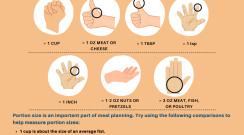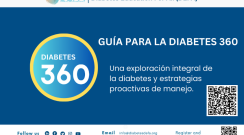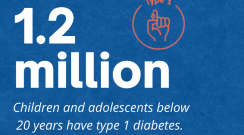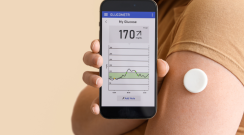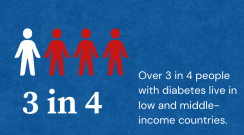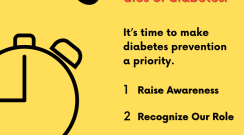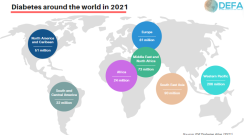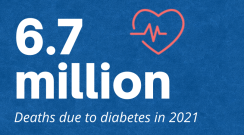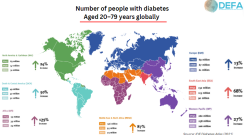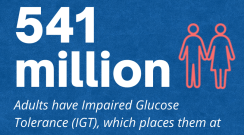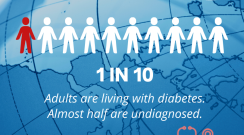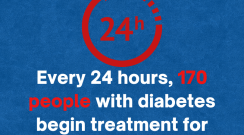Diabetes 360 Guide: A Comprehensive Exploration of Diabetes and Proactive Management Strategies.
The Diabetes 360 guide is the ultimate resource for individuals seeking a comprehensive understanding of diabetes and proactive management strategies. With up-to-date information and practical advice, this guide aims to equip you with the knowledge and strategies to optimize your diabetes management, improve your overall well-being, and live a fulfilling life.
Chapters
- About DEFA
- Understanding Diabetes
- Meal Planning and Nutrition
- Exercise and Physical Activity
- Monitoring Your Blood Glucose
- Diabetes Pills
- Insulin and Other Injectables
- Managing High or Low Blood Glucose
- Sick-Day Rules
- Lower Your Risk For Complications
- Health Care Visits And Important Labs and Numbers to Know
- Diabetes and Mental Health
- Diabetes Self-Management Education And Support (DSMES)
- Living Well With Diabetes
- Managing Diabetes At Age 65+
- Pregnancy
- Diabetes Technology
- References
Inside this guide, you will find a wealth of information covering various aspects of diabetes, including the different types of diabetes, common symptoms, risk factors, and complications. The guide also delves into the importance of proper nutrition, exercise, and medication in managing blood sugar levels.
Additionally, it provides insights into monitoring techniques, including glucose monitoring devices and testing guidelines. It also provides in-depth information about insulin management. The guide addresses the psychological and emotional aspects of living with diabetes, emphasizing the importance of support networks and coping mechanisms.
Moreover, it covers the specific precautions and guidelines to follow when managing diabetes during times of illness and the necessary adjustments to your medication or insulin regimen. It provides insights into how to make the most of your appointments with healthcare professionals and how to effectively communicate your needs and concerns. It offers specialized guidance on diabetes management at the age of 65 and beyond, as well as information for individuals managing diabetes during pregnancy, including dietary considerations, monitoring blood sugar levels, and potential complications.
Furthermore, the guide includes a comprehensive section on preventive measures, empowering readers with knowledge on preventing the onset of diabetes and effectively managing the condition to prevent complications. It aims to provide people with diabetes with the tools they need to make informed decisions about their health and take control of their diabetes.
The Diabetes 360 Guide also highlights the importance of diabetes self-management education resources and support networks available to empower you in effectively managing your diabetes. To cater to the diverse needs of individuals with diabetes, the guide discusses the advancements in diabetes technology, such as continuous glucose monitoring systems, insulin pumps, and other innovative tools that can enhance your diabetes management. Clarifying their benefits, usage, and potential integration of these technologies into your daily routine.
We believe that this guide will be a valuable tool in your journey to conquer diabetes. Please feel free to reach out if you have any further questions or if there is anything else we can assist you with.




